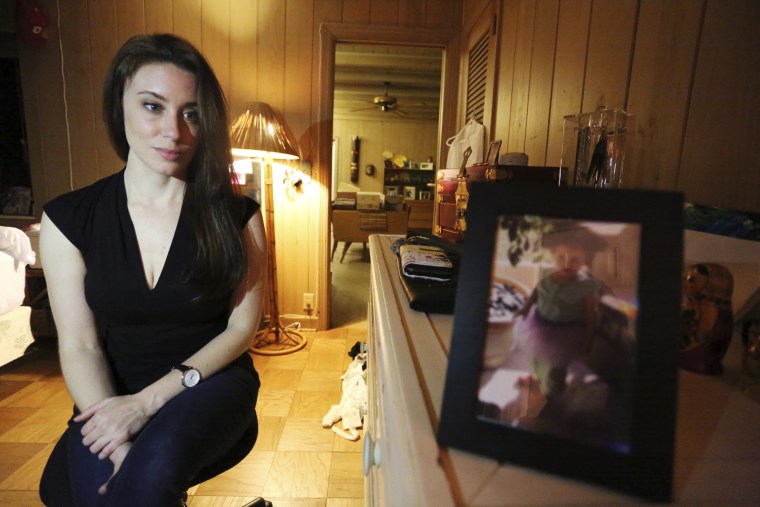Physical Address
304 North Cardinal St.
Dorchester Center, MA 02124
Physical Address
304 North Cardinal St.
Dorchester Center, MA 02124

Contents
The disappearance and subsequent death of Caylee Marie Anthony, a two-year-old girl from Orlando, Florida, captured the attention of the nation and became one of the most infamous cases in recent American history. Caylee was last seen alive on June 16, 2008, but was only reported missing nearly a month later. Her remains were discovered on December 11, 2008, in a wooded area close to her family home. The circumstances surrounding her death were shrouded in mystery and controversy, leading to a high-profile trial involving her mother, Casey Anthony.
Casey Anthony, Caylee’s mother, left the family residence on June 16, 2008, with Caylee. According to testimony from Casey’s father, George Anthony, this was the last time he saw his granddaughter. Over the next month, Casey gave her family various explanations for Caylee’s absence, ultimately claiming that a nanny named Zenaida Fernandez-Gonzalez had kidnapped her. This claim led to a frantic search for the child. The situation escalated when Casey’s car was retrieved from a towing lot, emitting a strong odor that some, including George Anthony, described as resembling human decomposition.
When authorities were finally alerted on July 15, 2008, by Caylee’s grandmother, Cindy Anthony, they were met with misleading statements from Casey. She initially told law enforcement that she worked at Universal Studios, a claim proven false when she took officers to the premises and admitted she had not been employed there for years. This pattern of deception led to Casey’s arrest and the beginning of a criminal investigation focused on her.
On December 11, 2008, the grim discovery of Caylee’s skeletal remains was made less than half a mile from the Anthony family home. The remains were found with a blanket inside a laundry bag. This discovery shifted the investigation into high gear, with the medical examiner declaring the death a homicide of undetermined means, though the exact cause of death was never conclusively established. The case against Casey Anthony began to take shape, focusing on allegations of murder.
The trial, officially known as the State of Florida v. Casey Marie Anthony, commenced on May 24, 2011, and quickly became a media sensation. The prosecution argued that Casey had used chloroform to sedate Caylee and applied duct tape to her nose and mouth, suffocating the child. The defense contended that Caylee had accidentally drowned in the family pool on June 16, 2008, and that George Anthony had helped Casey cover up the accident. On July 5, 2011, the jury acquitted Casey of first-degree murder, aggravated child abuse, and aggravated manslaughter of a child, but found her guilty on four counts of providing false information to law enforcement.
Casey Anthony was released on July 17, 2011, due to time served, and two of her misdemeanor convictions were later overturned on appeal. The verdict was met with public outrage and widespread media commentary, reflecting the contentious nature of the trial and its outcome.
The case drew significant attention from both the public and media, becoming a topic of daily conversation and intense speculation. Media outlets extensively covered every development, and personalities like Nancy Grace dubbed Casey “tot mom,” a moniker that stuck throughout the trial. The case was also notable for its presence on social media, where it sparked a vast amount of discussion and debate.
The death of Caylee Anthony remains a tragic story of a young life lost and a family torn apart by suspicion and grief. Despite the acquittal of Casey Anthony, many questions about Caylee’s death remain unanswered, leaving a lingering sense of injustice among much of the public. The case serves as a stark reminder of the complexities and challenges of the American legal system, and the intense scrutiny that can accompany high-profile cases.